
Jan 16 , 2021
By Girma Gadisa
Reconciliation has not received the special attention it deserves in Ethiopia's political transition. The political divisions Ethiopia has experienced necessitate healing that results from genuine national dialogue on inclusive platforms. Otherwise, efforts of democratic consolidation and socioeconomic progress will fail to be adequately addressed, writes Girma Gadisa (@GirmaGadisa2), who has master's degrees from the universities of Pretoria and Western Cape and is a former assistant lecturer at Haramaya University.
Few are better authorities on the concept of reconciliation than Nelson Mandela.
“In the end, reconciliation is a spiritual process, which requires more than just a legal framework,” he once said. “It has to happen in the hearts and minds of people.”
It cannot be any different for Ethiopia, especially considering the history. The country experienced two coups in the second half of the 20th century: one in 1974 and another in 1991. Right after the fall of the military regime in 1991, a transitional government was established to lead the process of transforming Ethiopia into a democratic state. Its term came to an end when the Ethiopian People’s Revolutionary Democratic Front (EPRDF) was declared the winner of the May 1995 election.
However, the political sphere was dominated by the EPRDF coalition from thereon. Even within the EPRDF, there were high frictions on power-sharing, and the Tigray People’s Liberation Front (TPLF) was the dominant member of the coalition. The 1991 coup was believed to bring the light of democracy and human rights protection to the country that has suffered for years from autocratic and dictatorial rule. However, that hope never saw the light of the day.
The year 1991 was thus never a break with past injustice, undemocratic rule and gross human rights violations. Under the EPRDF administration, among other things, constitutional guarantees were overlooked; dissident voices, muffled; opposition political parties, marginalised and persecuted; and freedom of expression and media freedom, stifled.
The grievances and resentments of the people with the EPRDF’s rule kept growing, which finally led to unprecedented protests since 2015, resulting in the resignation of Prime Minister Hailemariam Desalegn and the coming to office of Abiy Ahmed (PhD) in 2018.
It was another opportunity for Ethiopia in transitional justice and reconciliation. It helps to look at international experience before diving in on its application within Ethiopia.
Across the globe, there are five main transitional justice mechanisms. These are prosecution (criminal justice), amnesty (immunity in law from either criminal or civil legal consequences), truth or reconciliation commissions, purging or vetting (excluding the masterminds of the past repressive regime from holding high public office in the new administration), and reparations (which can take several forms). It is up to the transition actors to put in place one or more of these mechanisms by considering domestic realities.
Close consideration of measures taken since 2018 in Ethiopia show that most of these mechanisms are being used to realise the transition to democracy.
From the criminal justice dimension, individuals suspected of committing gross human rights violations, including extrajudicial killings, torture, and incommunicado detentions, are put on trial. Regarding amnesty with the view to broaden the political space and ensure an inclusive transition, the government enacted a proclamation in 2018 that targets people prosecuted and convicted of, or charged with or suspected of, terrorism while they were exercising their political rights.
Vetting has been conducted across the country with more visibility at the federal government level, as well as more specifically within the military and security sectors. Concerning reparations, one can mention amendments of repressive and overly-restrictive laws such as the anti-terrorism and civil societies laws. Further, Prime Minister Abiy acknowledged in parliament the existence of state-sponsored human rights violations, including torture, and apologised for the same.
But reconciliation has not received the special attention it deserves. For one thing, the political division (mostly along ethnic lines) that Ethiopia has experienced thus far necessitates healing that results from genuine national dialogue on inclusive platforms. Reconciliation is also crucial in that problems and political grudges that are not openly dealt with will impede efforts of democratic consolidation and socioeconomic progress unless adequately addressed.
In 2018, parliament enacted a proclamation that established the Ethiopian Reconciliation Commission and mandated it “to maintain peace justice, national unity and consensus and also reconciliation among Ethiopian Peoples.”
The questions, however disregarded or at least not openly discussed as far as ethnic-based disagreements are concerned, are: What are the root causes of the problems? What are recent patterns of ethnic relations and disengagements? Who played or is playing a significant role in perpetuating ethnic divisions? What are the possible resolutions?
It is undeniable that ethnicity has earned political currency, perhaps more than what it deserves, in Ethiopia. True, the 1995 Constitution has responded, at least legally, to the questions of nations and nationalities that have been raised since the 1960s student movements. Nonetheless, ethnicity continues to stand at the centre of Ethiopia’s politics.
In fact, ethnicity has transcended politics and interspersed into social engagements and economic relations. On some occasions, the ethnic tensions resulted in a loss of lives and destruction of property. But not all conflicts between or among different ethnic groups are politically motivated. For example, disputes over grazing land in pastoralist communities are far from having a politically motivated ethnic element.
In any case, the existence, perhaps the prevalence, of the yeast of ethnic hatred in Ethiopia's political atmosphere is not covert. Actually, in several localities, many bought into the detestation orchestrated by some of the “political leaders” and “activists”. However, neither the presence of individuals who rush to sell out ethnicity cards for personal gain or cheap popularity nor the rise in the number of people who follow them can be sufficient proof to conclude that ethnic hatred has a public base or acceptance.
In most cases, ethnic frictions, particularly conflicts surrounding divergence of historical narrations, are conceived and groomed by elites and transmitted to the members of the community. Thus, it is naive to undermine the power of elites and their potential in shaping political discourses. Therefore, elites have the power to speed up or delay reconciliation in Ethiopia. As we are living in the digital era, the phase at which ideas flow and agendas set by the elites reach the public is fast, making them all the more relevant.
The conflict of ideas, in some cases antagonistic, among the elite groups are, to some extent related to the historical context and narrations surrounding Ethiopia’s state formation and beyond. In Ethiopia, history has been a point of contestation, and arguably it has been a dividing line rather than a uniting force.
Most recently, political history has been influencing the country's political landscape, including alliances between and among ethnic groups. The temporary ethnic-based political unions were promoted and led by politicians, academicians and activists. Whether the alliances were based on a common understanding and openness is questionable, because some of the political marriages are short-lived and ended in speedy divorce.
In any case, the role of elites in history, politics and reconciliation, for that matter in every aspect of life, cannot be undermined. But it is crucial to note that elites can help build lasting peace or do the opposite depending on how they use the opportunities at their disposal.
The problem with historical factions and frictions, at least the major ones, are twofold. One is demeaning the pain and mocking the claim of past marginalisation. To the extreme, it includes denial of past injustice (politics of denial) or attempting to justify it. Such a stand will not help in bridging historical gaps. Rather it exacerbates the problem as it implicates “historical arrogance” in that the marginalised are either told that the way they narrate their oppression is unacceptable or their sufferings were of less importance compared to the motive behind.
Another problem, perhaps an antagonistic view to the former one, is presenting the acts in isolation from the historical contexts. Hence, it entails measuring acts committed in the past against the standards of today. One can imagine how the system of governance is more humanised in the 21st century than ever before. Since the second half of the 20th century, the international community's moral standard has been the “language of human rights.” Thus, using the yardsticks of the human rights’ age to judge the moral standard of acts committed in the past casts doubt on the fairness of the outcome. This is not to mention the need to use history constructively yet without suppressing the truth of historical incidences.
Thus, instead of intensifying historically motivated political grudges, it is healthy to alleviate conflicts of historical narrations and find a win-win way that can accommodate the truth of the concerned stakeholders. In this journey, the role of the elites is very significant. Unless those at the front line are ready to engage with each other and find win-win solutions that crosscut history, politics, the economy and social aspects of the country, the political problems witnessed thus far may increase in the future.
In moving forward as a country, reconciliation is not an option but a necessity. However, it must be noted that unlike other countries that experienced transitional justice, it is not an easy task to realise genuine reconciliation in Ethiopia given that the way federalism has been implemented in the last three decades has widened the already existing gaps.
On top of this, social media-based hate speech is intensifying the problem. It is only in 2020 that a hate speech proclamation was enacted and at the moment it is a bit early to conclude as to its normative and institutional capacity to curb the ever-increasing social media-based ethnic targeted hate speech.
In any case, by nature, reconciliation requires give and take. There has to be reciprocity. For that to happen, there is a need for the stakeholders to undergo dialogue with the view to address conflicts that emerge from disagreement on historical narration. It starts from being open-minded and accepting that history has both ugly and beautiful sides. It is on which side of the coin we invest more that determines whether history is used for constructive or destructive purposes.
One cannot change what has already happened. But it is not too late to shape the future of ethnic relations in Ethiopia. The starting point for that would be feeling others' pain and showing empathy toward those who suffered historical injustice. This will go a long way in building co-existence.
How recognition, its absence, or misrecognition affects social and political interaction has been addressed well in a book titled, “Multiculturalism and ‘The Politics of Recognition,’” by Charles Taylor. In an environment that embraces recognition of others’ pain, it is easier to achieve historical consensus. Nevertheless, it does mean that all historical points of divergence can be resolved. It is not an attempt to have historical narrations acceptable by all actors. Rather, it is a call to capitalise more on what fosters peace and strengthens solidarity, considering the sensitive character of history and the value people have for it.
In as much as history is past, it is also present and future. Hence, it should be approached in a way that past truth is not suppressed, lessons learned from past guide present life and shape the yet to come world, the future. To build a multinational federation where all ethnic groups are treated equally, allowed self-rule and are represented in power sharing, it is imperative to heal past wounds and genuinely reconcile.
Reconciliation based on truth, good faith and forgiveness is crucial. In this kind of journey, the elites can and should play a leading role.
PUBLISHED ON
Jan 16,2021 [ VOL
21 , NO
1081]
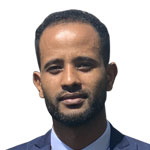

Radar | Jun 11,2022
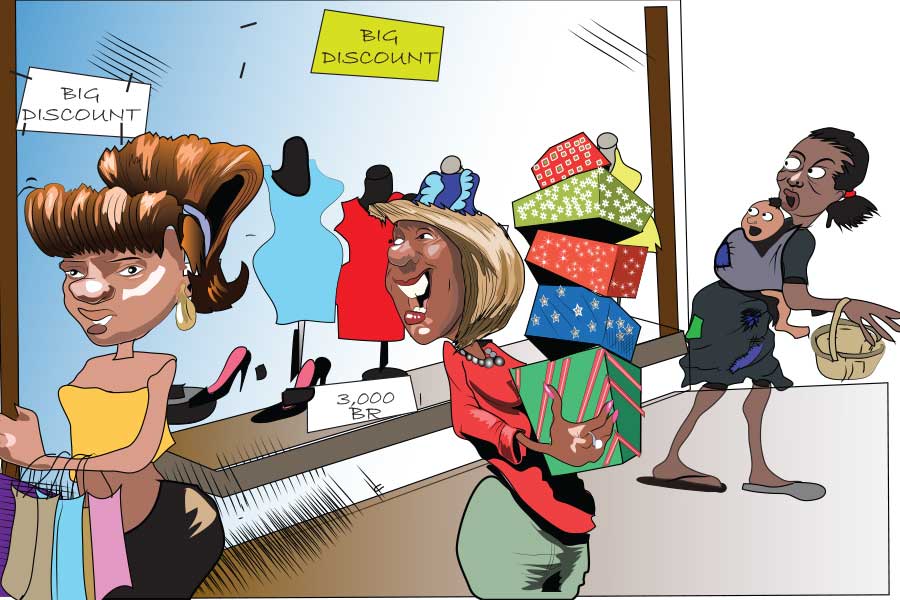
Editorial | Aug 17,2019

Radar | Aug 10,2019

(Addis) Fortune Audio | May 27,2020

Radar | Nov 14,2020
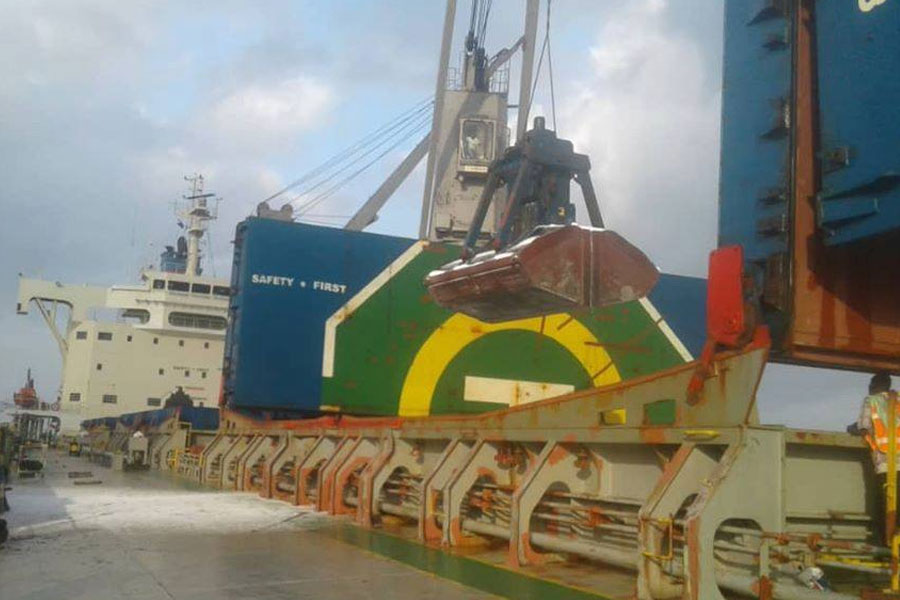
Fortune News | Apr 10,2021

Radar | Nov 06,2021
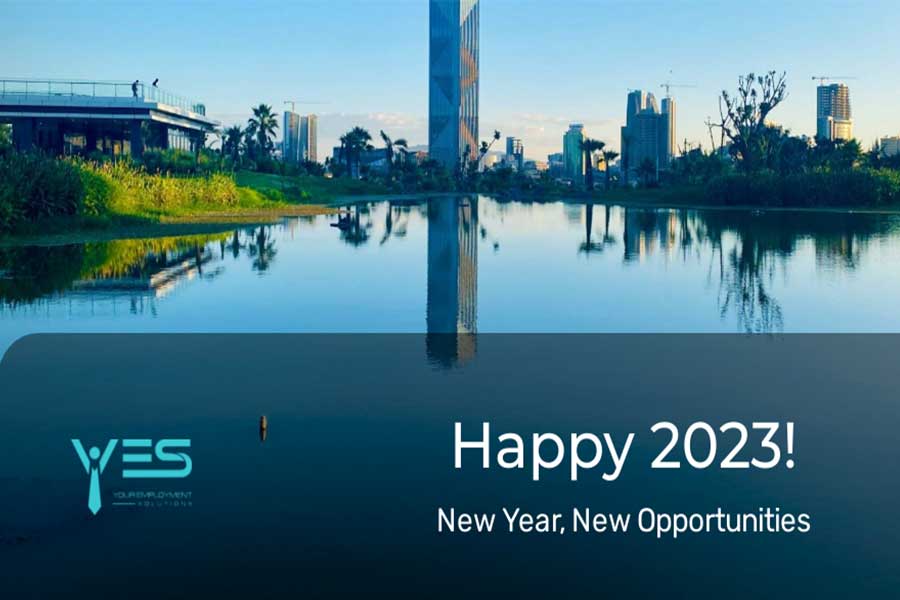
Sponsored Contents | Dec 31,2022
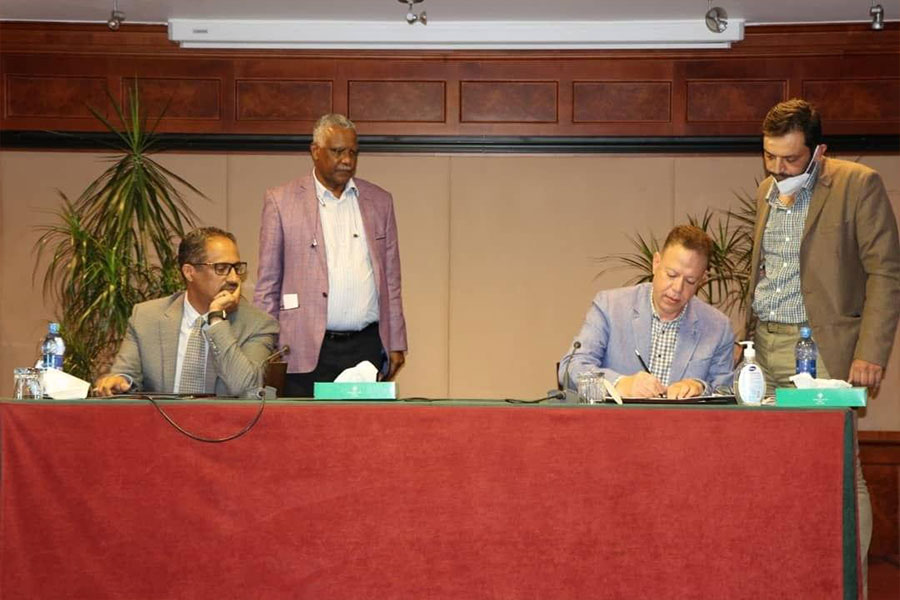
Fortune News | Oct 17,2020

Viewpoints | Jul 20,2019

My Opinion | 131656 Views | Aug 14,2021

My Opinion | 128020 Views | Aug 21,2021

My Opinion | 125983 Views | Sep 10,2021

My Opinion | 123607 Views | Aug 07,2021

Dec 22 , 2024 . By TIZITA SHEWAFERAW
Charged with transforming colossal state-owned enterprises into modern and competitiv...

Aug 18 , 2024 . By AKSAH ITALO
Although predictable Yonas Zerihun's job in the ride-hailing service is not immune to...

Jul 28 , 2024 . By TIZITA SHEWAFERAW
Unhabitual, perhaps too many, Samuel Gebreyohannes, 38, used to occasionally enjoy a couple of beers at breakfast. However, he recently swit...

Jul 13 , 2024 . By AKSAH ITALO
Investors who rely on tractors, trucks, and field vehicles for commuting, transporting commodities, and f...

Jun 28 , 2025
Meseret Damtie, the assertive auditor general, has never been shy about naming names...

Jun 21 , 2025
A well-worn adage says, “Budget is not destiny, but it is direction.” Examining t...

Jun 14 , 2025
Yet again, the Horn of Africa is bracing for trouble. A region already frayed by wars...

Jun 7 , 2025
Few promises shine brighter in Addis Abeba than the pledge of a roof for every family...

Jun 29 , 2025
Addis Abeba's first rains have coincided with a sweeping rise in private school tuition, prompting the city's education...

Jun 29 , 2025 . By BEZAWIT HULUAGER
Central Bank Governor Mamo Mihretu claimed a bold reconfiguration of monetary policy...

Jun 29 , 2025 . By BEZAWIT HULUAGER
The federal government is betting on a sweeping overhaul of the driver licensing regi...

Jun 29 , 2025 . By NAHOM AYELE
Gadaa Bank has listed 1.2 million shares on the Ethiopian Securities Exchange (ESX),...